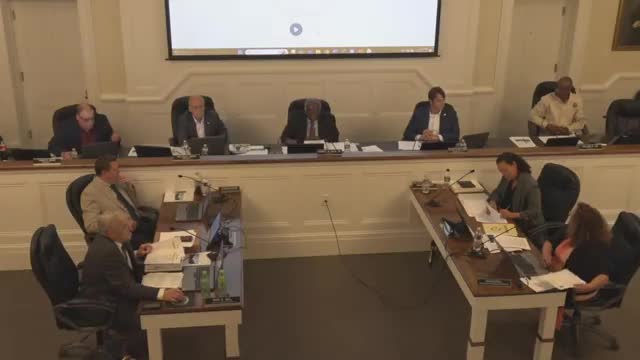Article not found
This article is no longer available. But don't worry—we've gathered other articles that discuss the same topic.
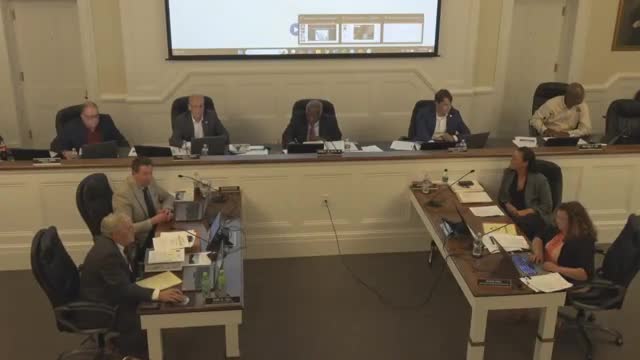
Lancaster supervisors revise waterfront-overlay rules after months of debate, 3-2
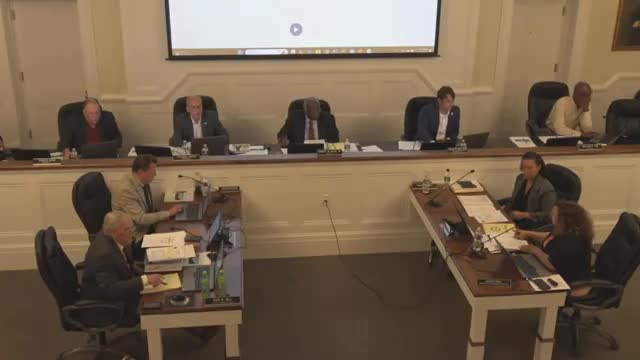
Board updates wireless-telecom ordinance to match state law; caps co-location permit fee at $500
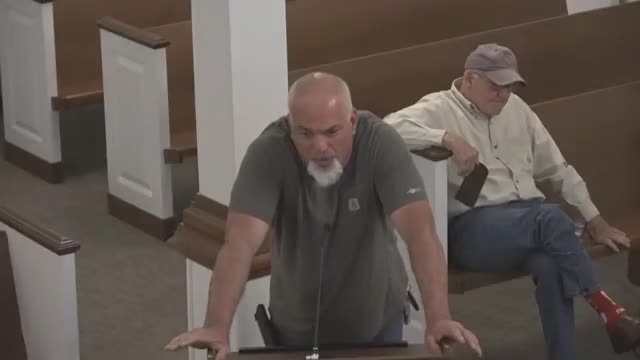
County holds public hearing on proposed FY 2026 budget, advertises 2-cent real-estate tax increase
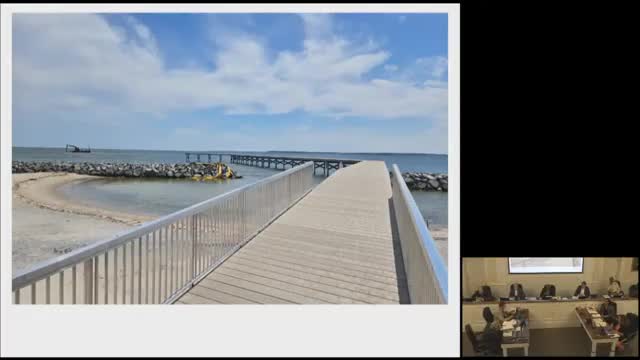
Parks director reports dredging underway at Westland Beach, pier railings, Bridal Trail openings
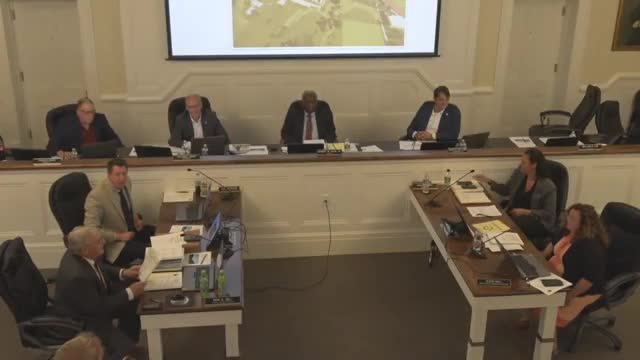
High-school construction progress: concrete pours, gym and track schedules noted
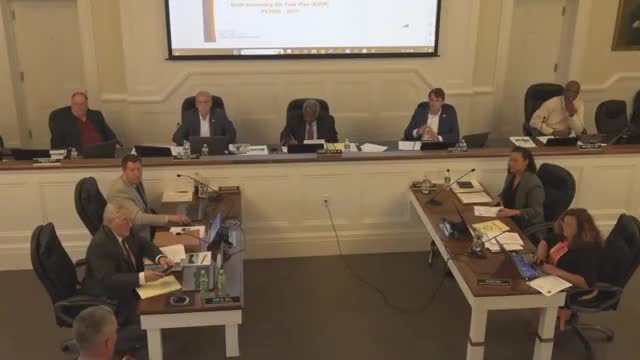
VDOT updates board on maintenance, telefees and 6-year plan; Kennel Drive prioritized
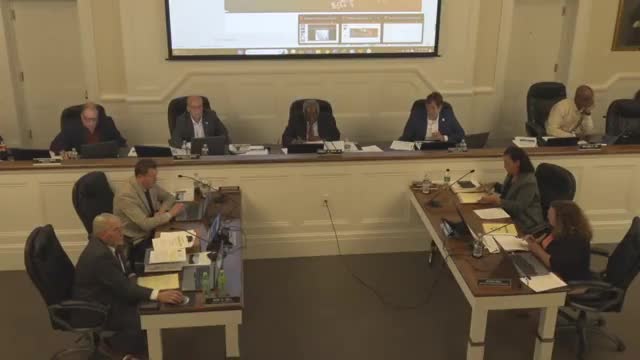
Supervisors rezone two parcels for Yankee Point boat/trailer storage; neighbors oppose
